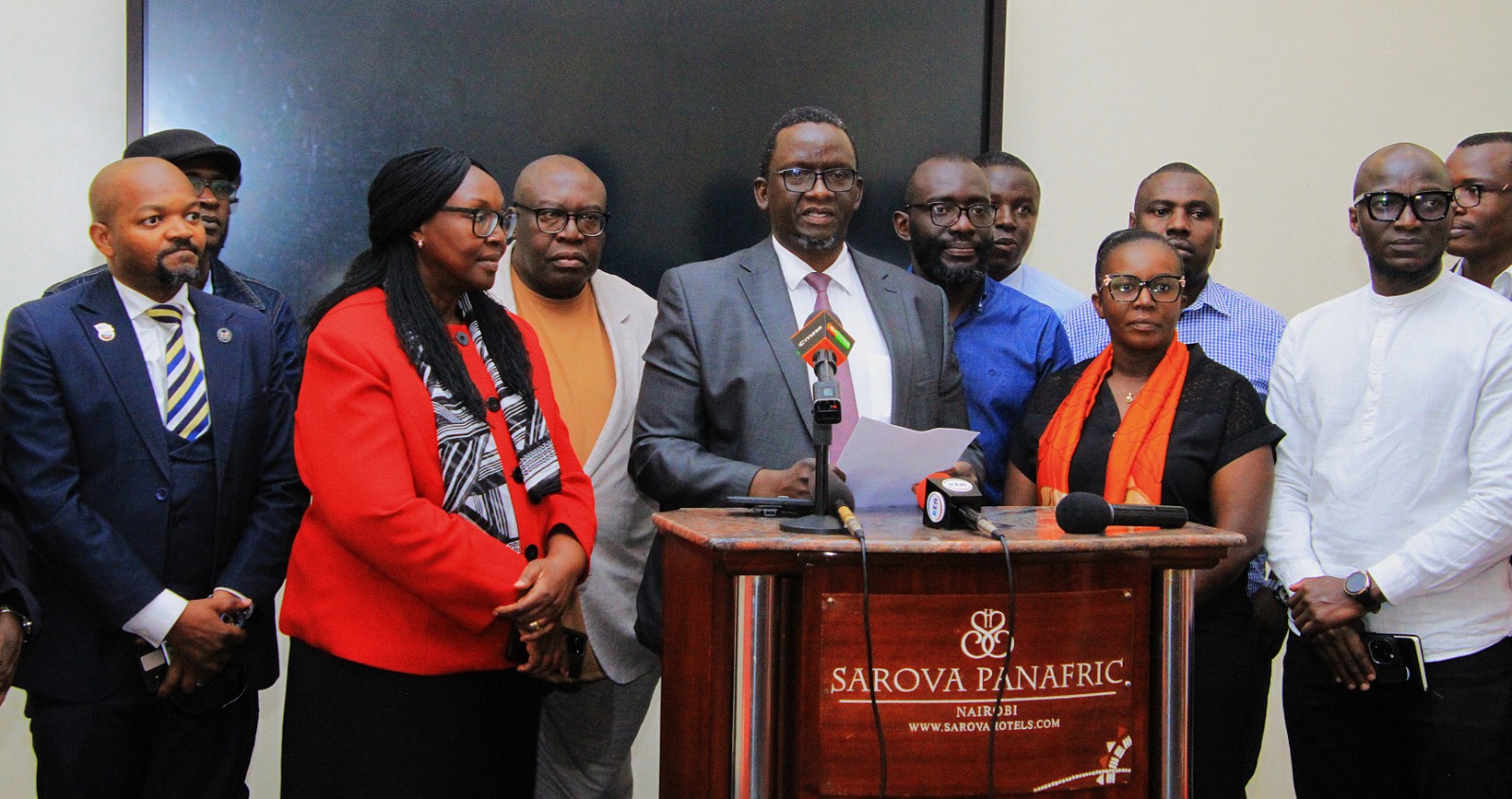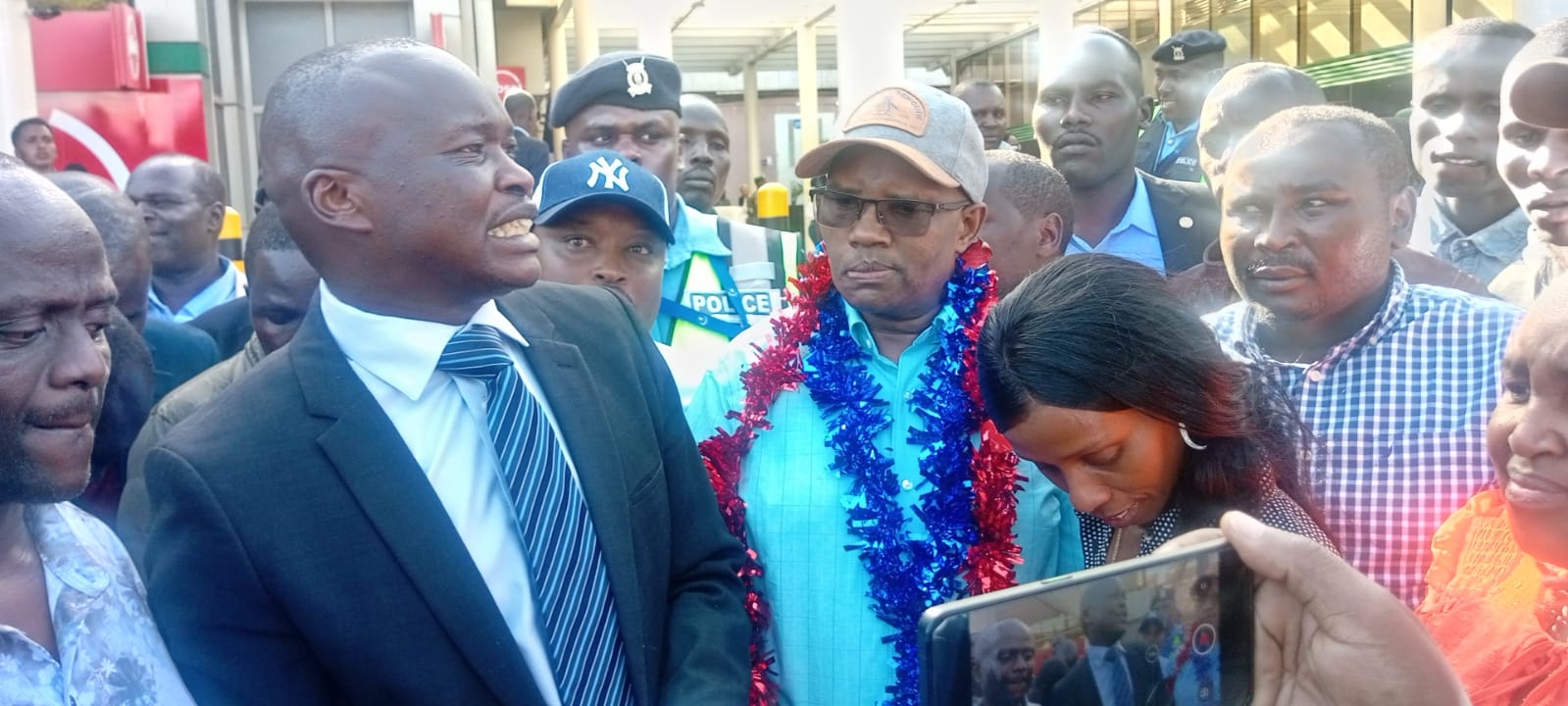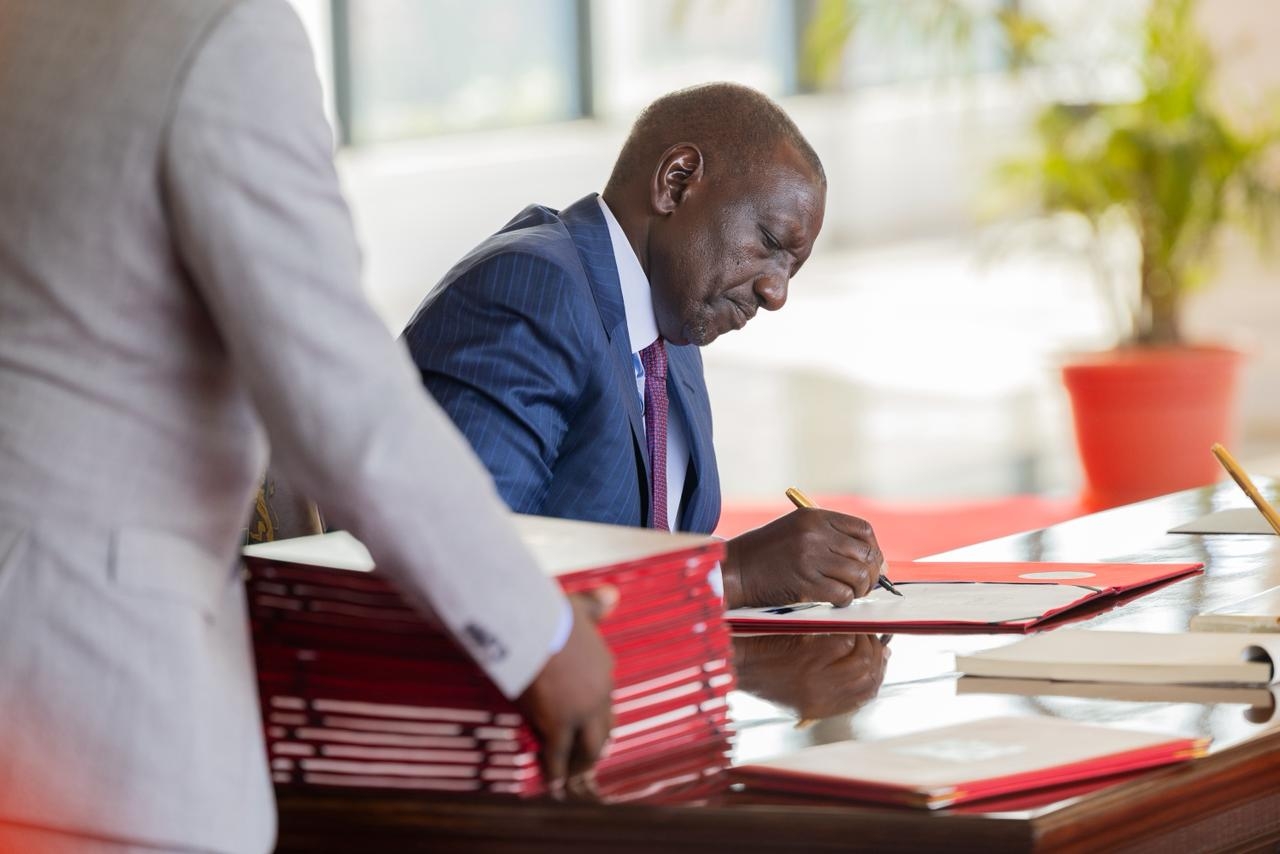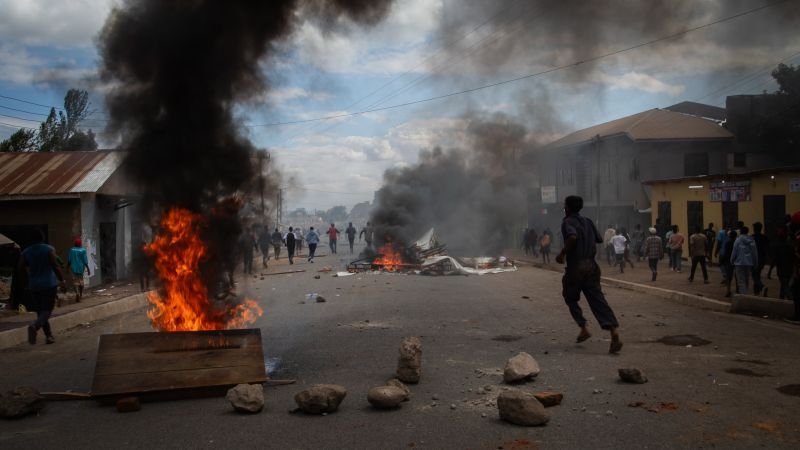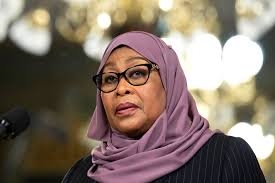Violence against women is perhaps the most widespread and socially tolerated human rights violation, cutting across borders, race, class, ethnicity and religion, according to UNECA.
Gender-based violence in Africa, as elsewhere in the world, is a complex issue that has at its root in structural inequalities between men and women, young and old. This results in the persistence of power differentials between the sexes.
In the pursuit of gender equality, Kenya has made commendable strides, reflected in the signing and ratification of the Maputo Protocol—the African Charter on Human and People’s Rights on the Rights of Women.
This commitment, however, coexists with notable gaps, particularly concerning the unconditioned sexual and reproductive health and rights of women and the protection of vulnerable groups, notably women with disabilities.
Kenya, through its social pillar in Vision 2030, commits to investing in its people to improve the quality of life for all Kenyans by targeting a cross-section of human and social welfare projects and programmes, including gender equality programmes.
In addition to the constitutional guarantees of equality for all before the law (Chapter 4 on the Bill of Rights), Kenya subscribes to the Millennium Development Goals (which have been transformed into the Sustainable Development Goals), including Goal 3 – Promote Gender Equality and Empower Women.
Kenya has therefore committed itself to eliminating gender-based violence and protecting survivors through robust legislation, policy frameworks and commitment to regional and international conventions and instruments on GBV.
The legislative landscape further includes key acts and policies such as the Health Act, 2017, Sexual Offences Act, 2003, and the National Reproductive Health Policy 2022-2032. Moreover, Kenya has aligned itself with regional and international instruments, including the Maputo Protocol.
These commitments bind the government to take decisive measures to safeguard and empower women, making strides toward gender mainstreaming and equality, as evident in the adoption of the Solemn Declaration on Gender Equality in Africa.
However, despite this legal arsenal, violations of SRH persist. A significant contributor is Kenya's reservation on Article 14 (2) of the Maputo Protocol, which permits medical abortion in cases of sexual assault, rape, incest or when the pregnancy poses a threat to the mother's mental or physical health.
This reservation correlates with a surge in teenage pregnancies and unsafe abortions, underscored by the 2022 KDHS survey and other studies revealing alarming statistics.
The National Gender and Equality Commission Report 2016 provides disturbing statistics on the economic burden of gender-based violence to survivors and the country.
The average cost of medical-related expenses per survivor and family amounted to Sh16,464; reporting the incident to a chief and community structures cost Sh3,111; reporting to police cost Sh3,756; productivity loss from serious injuries amounted to Sh223,476; productivity loss from minor injuries was Sh18,623; and productivity loss from premature mortality from GBV amounted to a massive Sh5,840,664.
The report further indicates that perpetrators and their families similarly incur heavy losses arising from incarceration, litigation, social stigma and loss of time and productivity.
Perpetrators and their families incurred costs of about Sh33,000 in legal fees, Sh85,000 in court fines and Sh20,000 in other costs related to litigation. Lost monthly income due to incarceration was about Sh28,000.
These combined costs have societal implications for perpetrators, their families and the country. They represent a waste of resources that would otherwise have been channelled to more productive sectors.
To address the preexisting GBV challenges, Kenya submitted its 12th to 13th combined periodic report on the implementation of the African Charter on Human and People’s Rights and the Maputo Protocol.
The ACHPR's concluding observations during the 73rd Ordinary Session emphasised concerns in the areas of health, protection of vulnerable groups, equality, non-discrimination, violence against women and harmful practices.
The National Gender and Equality Commission created a comprehensive National Monitoring and Evaluation Framework to combat gender-based violence. This system integrates multiple sectors, aiding in informed funding, advocacy, decision-making and programming. However, access to GBV services remains a challenge for those in need.
Today, the economic burden of gender-based violence is on survivors and the country. It shows that medical expenses, reporting incidents, productivity loss and premature mortality are significant costs.
Perpetrators also face significant losses due to incarceration, litigation, social stigma and time and productivity loss. These costs have societal implications and waste resources that could be used for more productive sectors.
So how best do we institutionalise a national framework for supporting access to SRH? How best can we operationalise the reservations on Article 14 (2) of the Maputo Protocol to effectively create a GBV-free society?
The protocol dictates exclusively how national stakeholders should implement regional and national commitments, and serves as a monitoring, reporting and accountability framework.
How best can we amplify the government's commitment to increasing investment in addressing SRHR issues? This plan aims to transcend existing challenges, providing a comprehensive framework to translate commitments made under the Maputo Protocol into tangible actions at the national level.
The 2023 UNiTE campaign theme 'Invest to prevent violence against women and girls' urges stakeholders to finance prevention strategies and use global normative platforms to prevent violence. This aligns with the 2024 priority theme of accelerating gender equality and empowerment. UNiTE_Campaign_2023
A multifaceted approach is thus imperative, involving efficient and coordinated collaboration across sectors. We need an approach that will seek to solely focus on the elimination of violations, provide survivor-centred services, ensure comprehensive SRH and RR services and hold perpetrators accountable.
An approach that will leverage and amplify the existing high-impact practices and address gaps, strive to enhance the government's commitment and provide data-driven advocacy that will inform strategic investments geared towards addressing SRHR issues affecting women and girls in all their diversities.
In conclusion, while Kenya has demonstrated its dedication to advancing women's rights, persistent gaps in SRH necessitate focused and coordinated efforts. Reform the Maputo lens offers a promising avenue to bridge these gaps and actualise women's sexual and reproductive health rights.
Through commitment and decisive action, Kenya has the opportunity to set a regional precedent, reinforcing the principles outlined in the Maputo Protocol and inspiring positive change in the broader discourse on women's rights.
AYPRH coordinator, Reproductive Health Network Kenya









